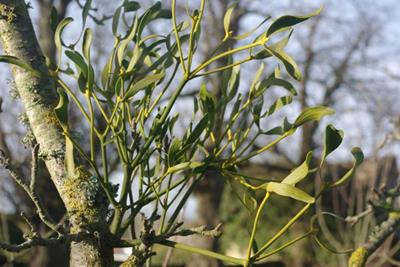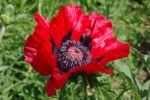A joint SF Canada and SF UK team comprising Bert Tulk (Canada), Fumiyo Kagawa (UK), Wendy Agnew (Canada) and David Selby (UK) have completed a February 2020 to January 2021 Life Skills Education Consultancy on behalf of UNICEF WCARO (West and Central Africa Regional Office).
 The Consultancy involved curriculum development at three levels – lower primary, upper primary and lower secondary school – around the following 12 life skills: creativity, critical thinking, problem solving, cooperation, negotiation, decision making, self-management, resilience, communication, respect for diversity, empathy and participation.
The Consultancy involved curriculum development at three levels – lower primary, upper primary and lower secondary school – around the following 12 life skills: creativity, critical thinking, problem solving, cooperation, negotiation, decision making, self-management, resilience, communication, respect for diversity, empathy and participation.
The SF team began with a good practice review of life skills, citizenship education and related curricular fields to identify noteworthy and proven pedagogical approaches, effective learning measurement tools, curricular platforms, gaps and challenges in provision. The review involved global and regional documentary search and analysis as well as small-scale consultation with key stakeholders and informants in the selected countries in the region. Out of this, a report titled Good Practice Review, Resource Development Outline and Pre-/In-Service Training Outline was developed. The report included a critical review of life skills education, pedagogical and student assessment approaches and modalities as well as an outline for pre- and in-service teacher training. As part of the report, indicative life skills learning outcomes were developed, demonstrating curricular progression, for the 12 life skills at each of the three school levels.
The SF team then developed a teaching and learning unit for each of the life skills at each of the three levels, making a total of 36 units (consisting of 108 teaching and learning activities), covering the following twelve themes and sub-themes better contextualize the materials by addressing West and Central African specific thematic areas/issues:
- Climate change (local impacts, local climate change adaptation, local climate change mitigation)
- Health, hygiene and disease prevention (personal hygiene, drug and substance abuse prevention, communicable disease prevention and control)
- Sexual and reproductive health (healthy interpersonal relationships, reproductive health, sexual maturation)
- Nutrition (healthy and unhealthy diets, farming and nutrition, malnutrition)
- Food security (food sources, school/community food garden, environmentally sound food production)
- Gender inequality and discrimination (respect for self and others, gender stereotypes and roles, equal participation)
- Personal safety (personal protection from disease, safety from violence at school, safety from violence in the community)
- Water management (water conservation, water misuse and wastage, water resource depletion)
- Child rights (child development, child participation, child protection)
- Environment and conservation (local environmental awareness, environmental conservation and protection, pro-environmental behaviors)
- Conflict and disaster risk reduction (disaster risk reduction at home, in school and community, conflict avoidance and resolution in school and community, conflict and disaster risk awareness and advocacy
- Employability and entrepreneurship (local income-earning innovation, green futures, entrepreneurship projects and social responsibility.
Further to the learning units, the team also developed generic five-day pre-service and in-service teacher training program materials consisting of a Life Skills Education Teacher Training Manual, a Life Skills Education Facilitation Guide, handouts and PowerPoint slides. The aim of the training program was to empower primary and secondary school teachers to understand how to infuse the 12 core life skills across the curriculum and facilitate a range of child-friendly and action-oriented pedagogical approaches and student assessment modalities.
All the documents were submitted to UNICEF WCARO in English and French.

